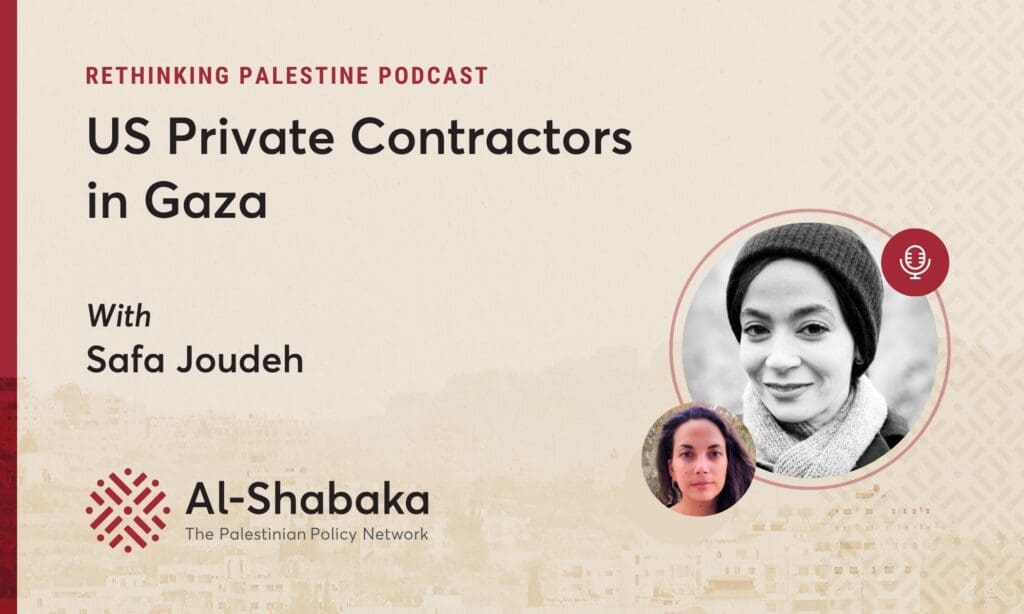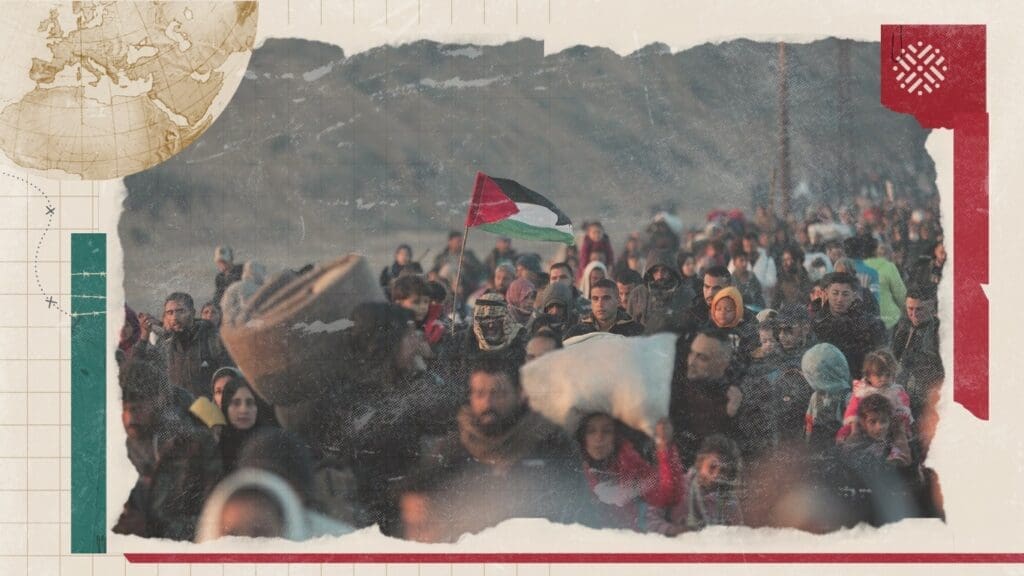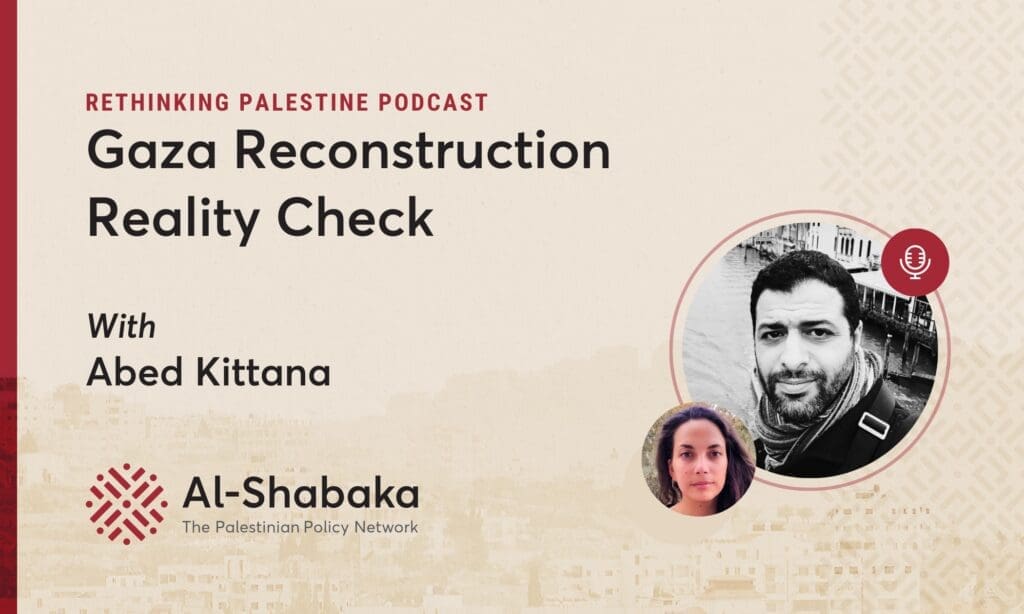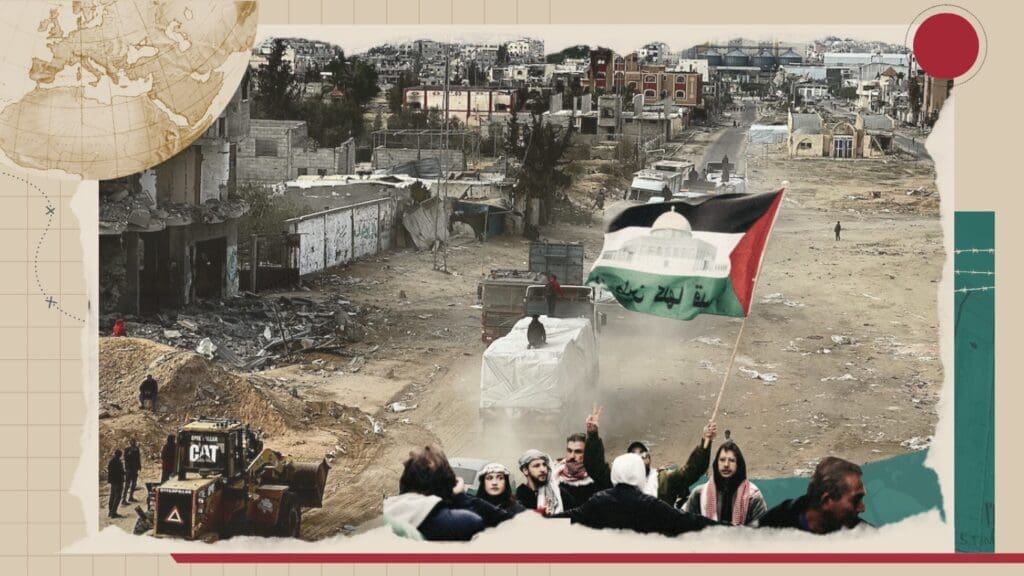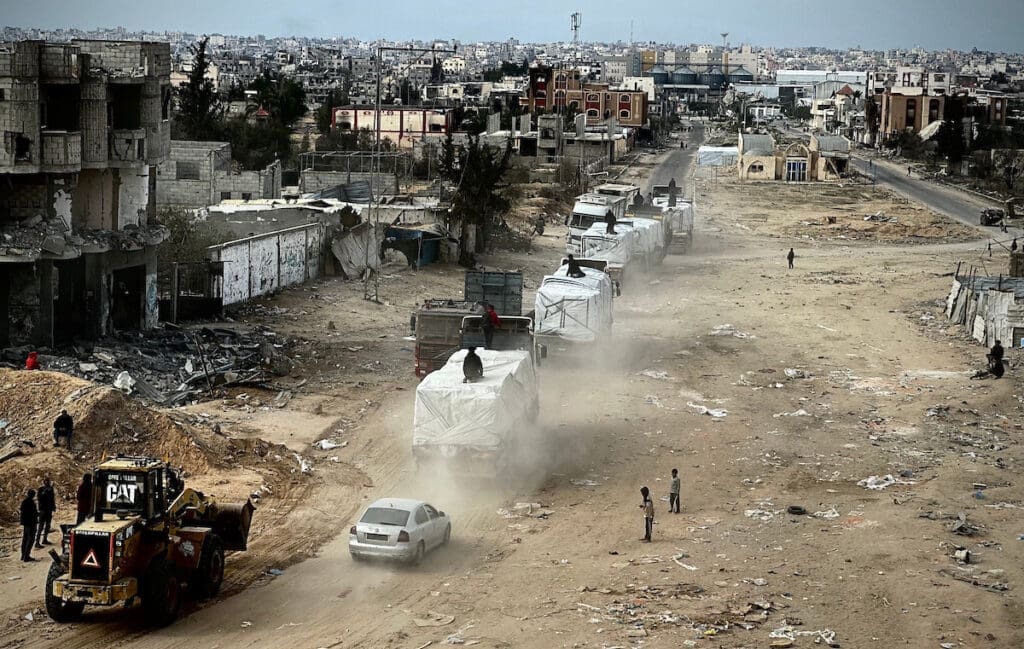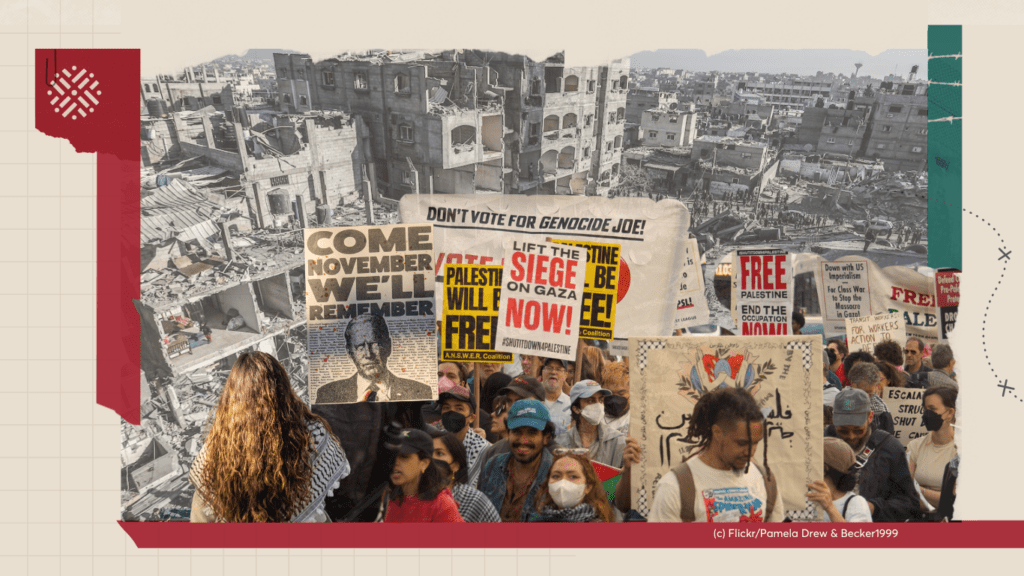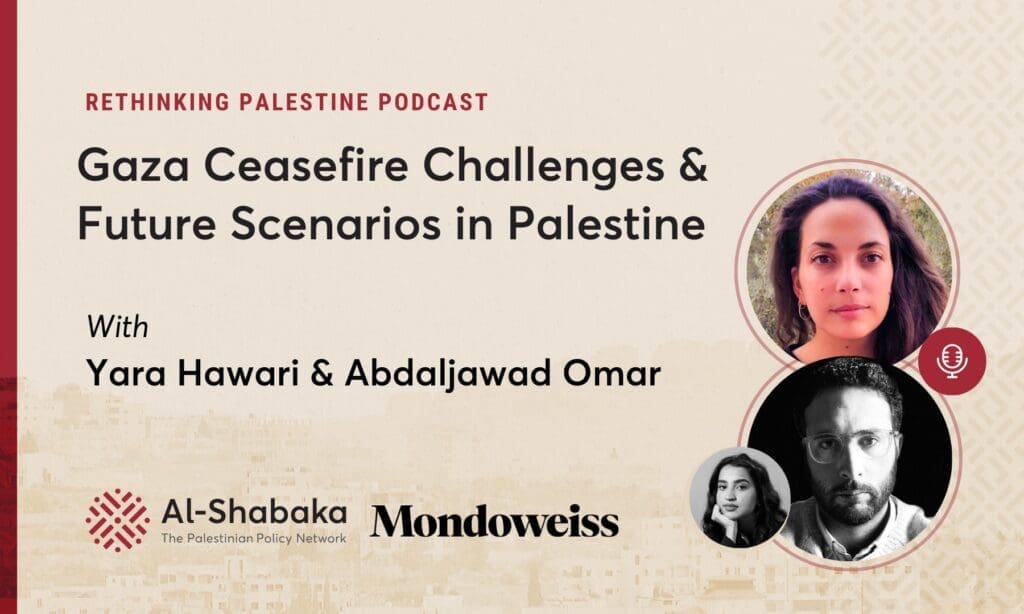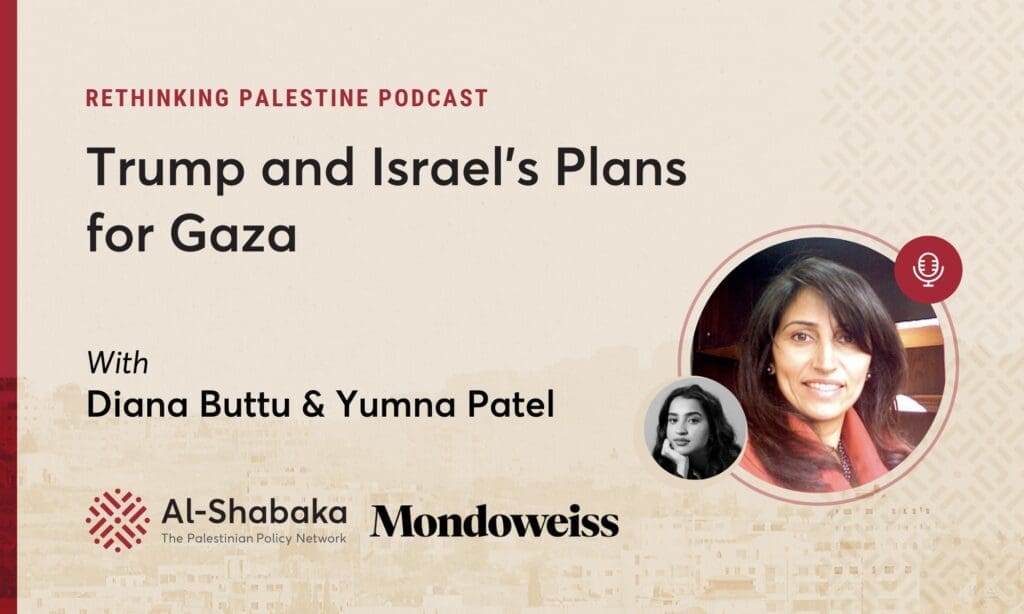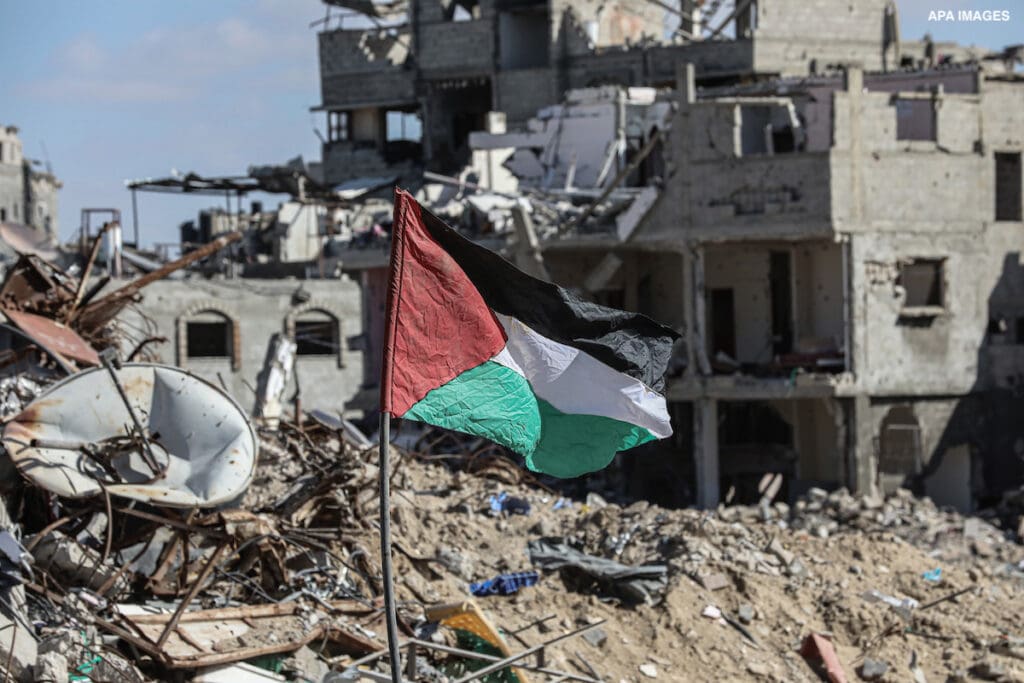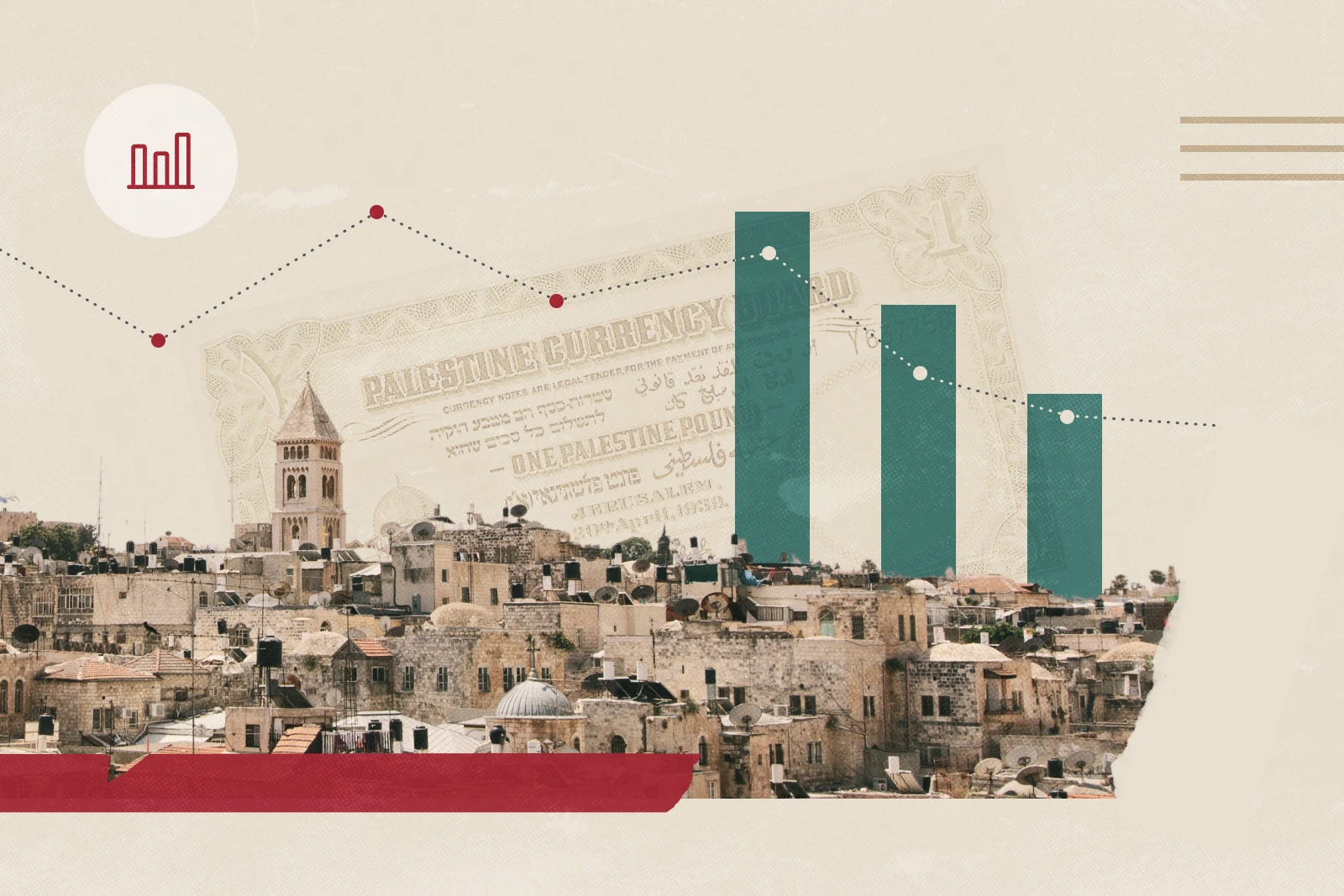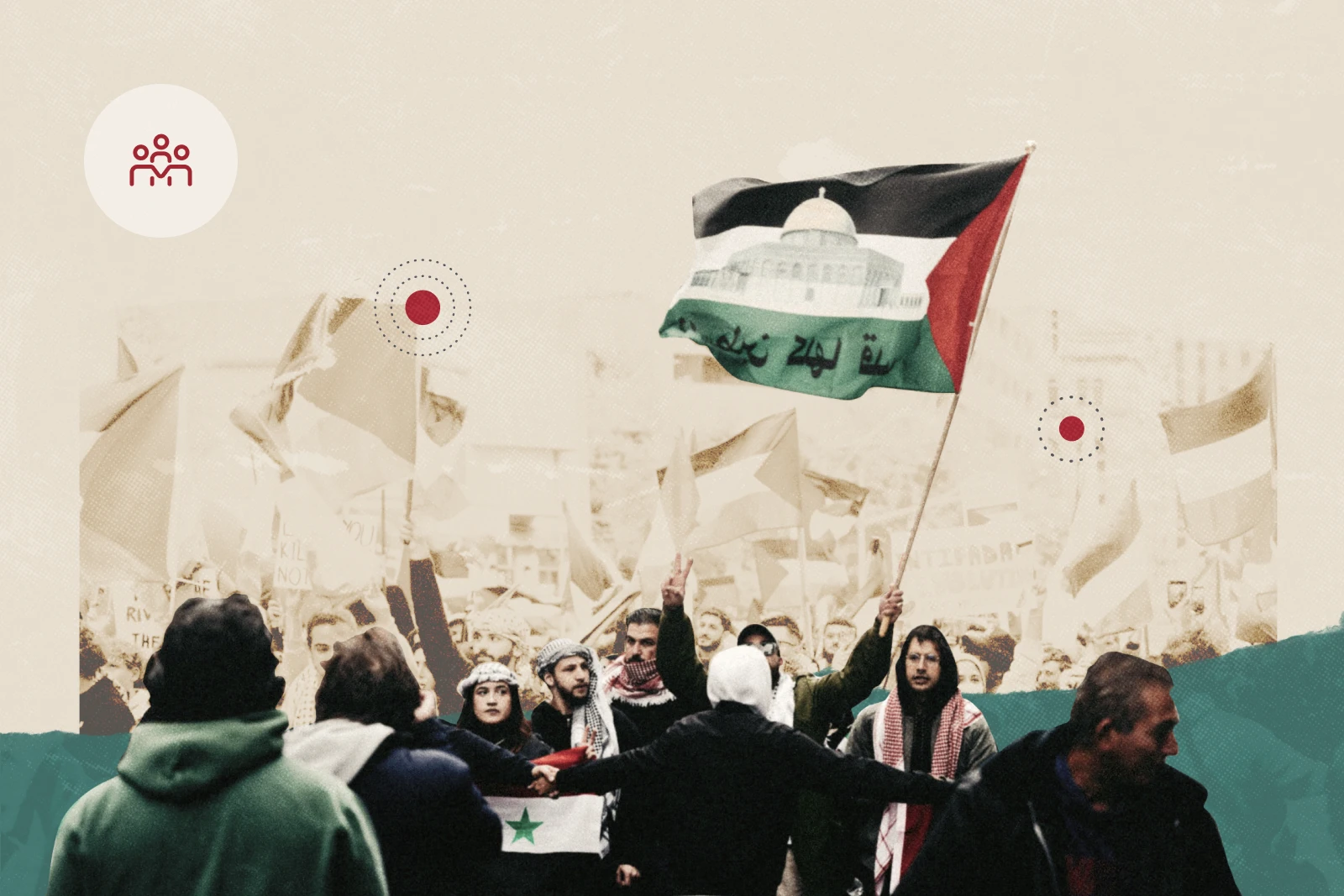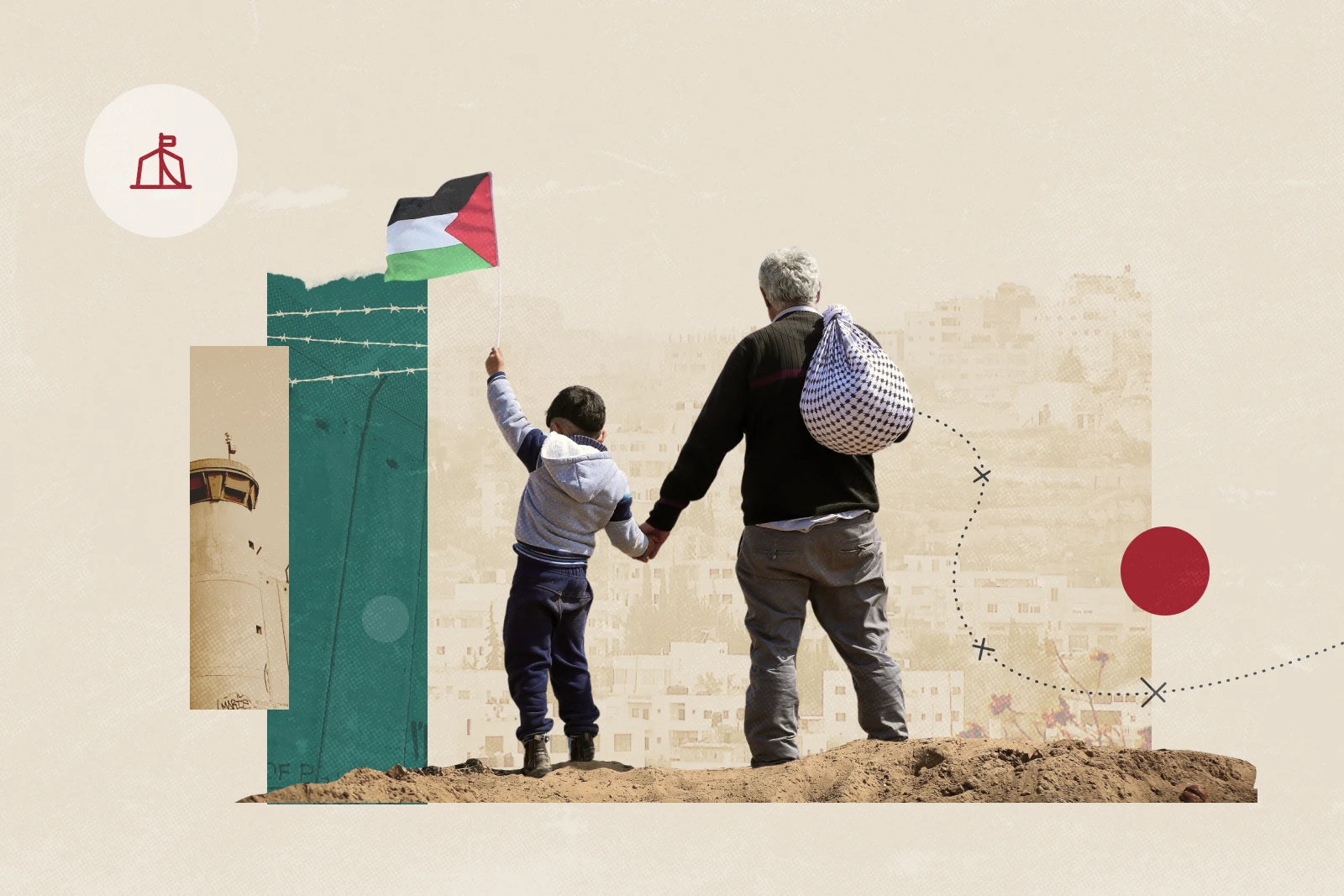topicPolitics
On Thursday, June 19, 2025, Israeli Prime Minister Benjamin Netanyahu stood in front of the aftermath of an Iranian strike near Bir al-Saba’ and told journalists: “It really reminds me of the British people during the Blitz. We are going through a Blitz.” The Blitz refers to the sustained bombing campaign carried out by Nazi Germany against the UK, particularly London, between September 1940 and May 1941. With this dramatic comparison, Netanyahu sought to elicit Western sympathy and secure unconditional support for his government’s latest act of military escalation and violation of international law: the unprovoked bombing of Iran. This rhetorical move is far from new; it has become an enduring trope in Israeli political discourse—one that casts Israel as the perennial victim and frames its opponents as modern-day Nazis.
Netanyahu has long harbored ambitions of striking Iran with direct US support, but timing has always been central. This moment, then, should not be viewed merely as opportunistic aggression, but as part of a broader, calculated strategy. His actions are shaped by a convergence of unprecedented impunity, shifting regional dynamics, and deepening domestic political fragility. This commentary examines the latest escalation in that context and discusses the broader political forces driving it.

Yara Hawari· Jun 26, 2025
Al-Shabaka policy analyst Safa Joudeh joins co-director Yara Hawari to discuss the privatization of aid and security, and how the Israeli regime and the United States weaponize humanitarian assistance as a tool for ethnic cleansing and colonization.

Safa Joudeh· Jun 24, 2025
Launched on May 26, 2025, and secured by US private contractors, the new Israeli-backed aid distribution system in Gaza has resulted in over 100 Palestinian deaths, as civilians navigated dangerous conditions at hubs positioned near military outposts along the Rafah border. These fatalities raise grave concerns about the safety of the aid model and the role of US contractors operating under Israeli oversight.
This policy memo argues that the privatization of aid and security in Gaza violates humanitarian norms by turning aid into a tool of control, ethnic cleansing, and colonization. It threatens Palestinian life by conditioning life-saving aid, facilitating forced displacement, and shielding the Israeli regime from legal and moral responsibility. It additionally erodes local and international institutions, especially UNRWA, which has been working in Gaza for decades.

Safa Joudeh· Jun 10, 2025
After more than a year and a half of Israel’s genocidal assault—marked by mass killings, devastation, and profound loss—even speaking of Gaza’s future, let alone its reconstruction, feels impossible. Indeed, the rebuilding of Gaza feels increasingly out of reach amid stalled negotiations, the collapse of the ceasefire agreement, and the relentless bombardment of people and place. Yet in the face of genocide and the looming threat of forced displacement, which the US administration is audaciously promoting as a fait accompli, there is an urgent need to cultivate a critical Palestinian political voice to reclaim Gaza’s future.
As non-Palestinian actors push to impose their vision of the “day after,” this commentary by Talal Abu Rokbeh, Mohammed Al-Hafi, and Alaa Tartir argues for centering a Palestinian vision rooted in unity and self-determination. They emphasize that political reconstruction, not just physical rebuilding, is essential for collective survival and national liberation.
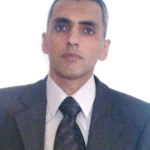


Palestinian architect and researcher Abdalrahman Kittana, who has been actively engaged in discussions and initiatives on Gaza’s reconstruction, joins Yara Hawari to examine the various reconstruction plans and their feasibility amid Israel’s ongoing genocide.

Al-Shabaka: The Palestinian Policy Network· Mar 31, 2025
In this roundtable discussion, Dena Qaddumi and Jehad Abusalim examine the challenges and complexities of rebuilding Gaza amid the Israeli regime’s ongoing genocidal warfare. They explore the structural obstacles imposed by the continuing Israeli blockade, questioning the feasibility of meaningful reconstruction under settler-colonial occupation.
Analyzing Gaza’s repeated cycles of destruction and rebuilding, Qaddumi and Abusalim expose a long history of foreign intervention, profiteering, and the prioritization of high-visibility projects by international donors—practices that sideline Palestinians and strip them of agency. In contrast, the discussion highlights alternative Palestinian-led reconstruction models that prioritize indigenous knowledge and local needs, ensuring the preservation of Gaza’s identity, heritage, and self-determination.

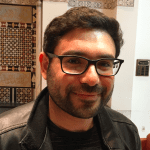
In this policy lab, Dena Qaddumi and Jehad Abusalim join host Tariq Kenney-Shawa to discuss what the ceasefire in Gaza means for Palestinians and the state of the physical and political landscape that determines what comes next.



This policy brief revisits polling and election data to demonstrate the effect of the Democratic Party’s unflinching support for the Israeli regime on demobilizing voters in a presidential race taking place in the midst of a genocide—highlighting the need for a shift in US foreign policy. It emphasizes the importance of Palestine solidarity advocacy in countering the alarming global phenomenon of democratic backsliding, especially in the US. It calls for honest data collection and reporting at a time when critical action against authoritarian US policies is likely to face increasing repression under the current administration of US President Donald Trump—with anti-Palestinian repression serving as a template.

Halah Ahmad· Feb 25, 2025
In this episode, Yumna Patel, Yara Hawari, and Abdaljawad Omar discuss the precarious ceasefire and different future scenarios in Gaza and wider Palestine. This is the third and final episode in a collaboration series between Al-Shabaka and Mondoweiss.



Diana Buttu and Mondoweiss’s Yumna Patel discuss the challenges facing the ceasefire in Gaza in the context of the Trump administration and its support for Israeli genocide and ethnic cleansing in Gaza and Palestine. This is the second episode of a three-part collaboration series between Al-Shabaka and Mondoweiss.

Diana Buttu· Feb 9, 2025
On January 15, 2025, Qatar announced a ceasefire agreement between the Israeli regime and Hamas. The long-awaited deal, mediated by Qatar, Egypt, and the United States, promised an end to 15 months of genocidal assault on Gaza, during which Israeli forces killed at least 64,260 Palestinians and reduced much of the strip to rubble.
While the implementation of the ceasefire offers critical relief for Palestinians in Gaza who have been enduring and resisting genocide, skepticism remains over the feasibility of its full implementation. In this roundtable, Al Shabaka analysts Shatha Abdulsamad, Basil Farraj, Talal Abu Rokbeh, and Diana Buttu weigh in on the different aspects of the ceasefire deal and what they mean in the broader context of Israeli settler colonial occupation of Palestine.

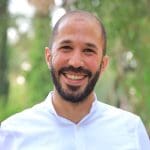


+
Media & Outreach
Join analysts, Tariq Kenney-Shawa from the Palestinian think-tank Al-Shabaka and Rowena Razak, historical consultant, as they unpack the shift in sentiment on Gaza and Israel’s recent attacks on Tehran.

Tariq Kenney-Shawa· Jun 15, 2025
"Today, while Palestinian CSOs explore ways to survive and face and confront the causes and impacts of the shrinking space at the practical, strategic, political and ethical levels, the time is ripe for the declaration of a Gaza Covenant/Charter/Manifesto to be led by the Palestinian civil society." - Alaa Tartir

Alaa Tartir· Jun 12, 2025
The Madleen sent a strong message that the struggle to stop Israeli crimes continues.

Yara Hawari· Jun 9, 2025
We’re building a network for liberation.
As the only global Palestinian think tank, we’re working hard to respond to rapid developments affecting Palestinians, while remaining committed to shedding light on issues that may otherwise be overlooked.




